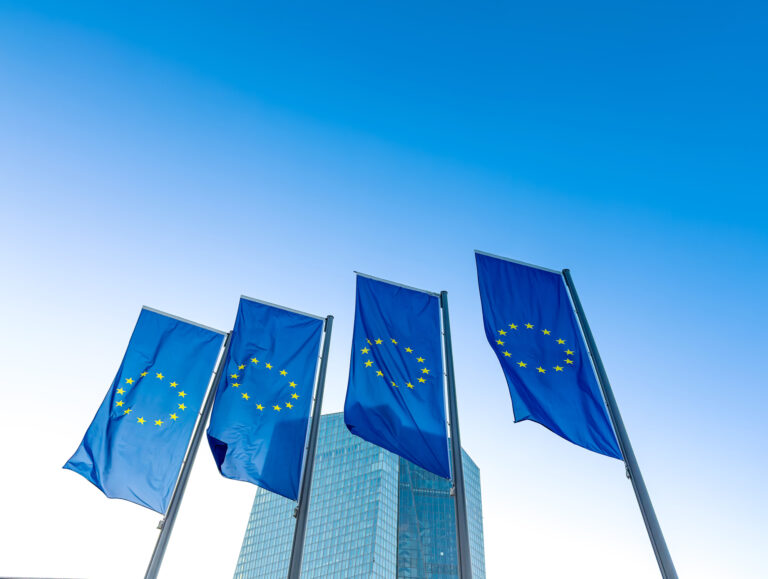Add to favorites:
Share:
This funding call under Horizon Europe’s "Culture, Creativity, and Inclusive Society" program focuses on investigating the relationship between economic inequalities and democratic practices. It aims to explore how wealth and income disparities—both actual and perceived—impact citizens’ trust in democratic institutions and their civic participation. Economic inequalities, which have widened within countries, have exacerbated political polarization, undermined social justice, and increased public discontent with democratic governance.
The call seeks innovative research approaches to analyze the intersectionality of economic inequality with dimensions such as gender, social class, ethnicity, and age, integrating citizens’ perceptions of inequality into the research framework. It emphasizes the importance of evidence-based policymaking by generating actionable recommendations for reducing inequalities and strengthening democracy.
Applicants are encouraged to use interdisciplinary methods, including data science and mixed methodologies, and engage stakeholders such as trade unions, civil society organizations, and local governments. Proposals should leverage existing European research infrastructures like CESSDA and ensure that produced data aligns with FAIR principles. Complementarity with previous EU projects addressing inequality and democracy is recommended.
Funded projects will generate insights to help policymakers bridge the gap between policy design and implementation, strengthen democratic resilience, and increase the engagement of marginalized groups in democratic processes. Particular attention is paid to intergenerational wealth transfers, territorial disparities, and the role of media in shaping perceptions of inequality.
Opening: 15 May 2025
Deadline(s): 16 Sep 2025
Data provided by Sciencebusiness.net
This funding opportunity represents a pre-agreed draft that has not yet been officially approved by the European Commission. The final, approved version is expected to be published in the first quarter of 2025. This draft is provided for informational purposes and may be used to preliminarily form consortia and develop project ideas, but it is offered without any guarantees or warranties.
Expected Outcome
Projects are expected to achieve:
- Enhanced understanding of how economic inequalities influence attitudes toward democracy
- Insights into citizens' perceptions of inequality and their effect on participation and trust
- Evidence-based policy recommendations for addressing inequalities and strengthening democracy
- Development of intersectional approaches to boost democratic participation among vulnerable populations
- Effective use of existing data and creation of new datasets for addressing these issues
Scope
The scope involves:
- Examining economic inequalities’ impact on democracy, including political polarization and trust in institutions
- Investigating citizens' perceptions of inequality and their influence on democratic participation
- Analyzing public policies' effectiveness in addressing inequalities
- Exploring territorial disparities and the intersection of economic inequalities with other social dimensions

